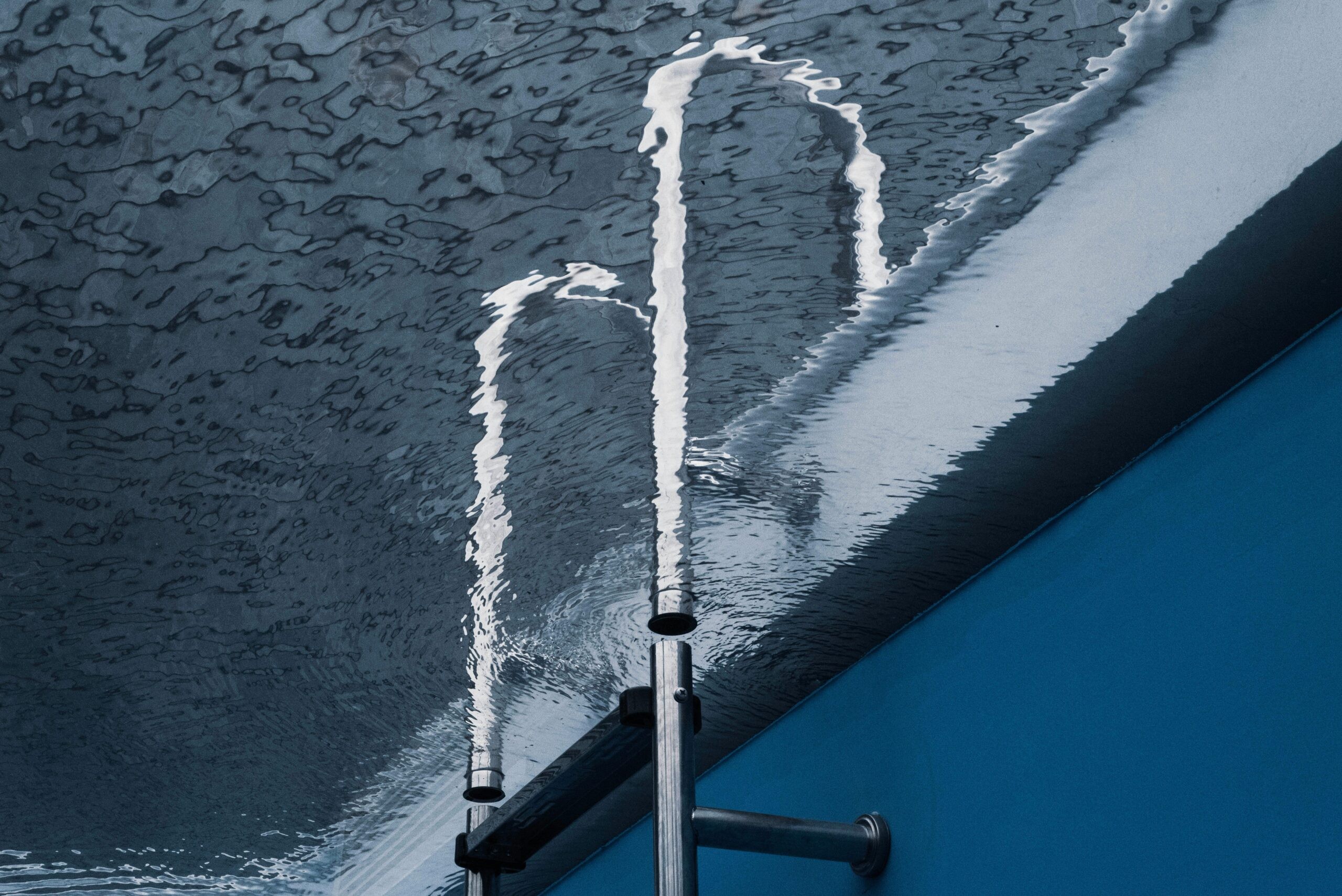Extending the life of a plumbing system is essential for maintaining efficient water flow, preventing leaks, and avoiding costly repairs. Plumbing system longevity depends on consistent plumbing maintenance and proper pipe care tailored to residential plumbing needs, particularly in regions such as New Jersey where seasonal changes can affect plumbing components. Understanding key strategies to preserve plumbing infrastructure enhances durability and reduces downtime.
Key takeaways:
- Regular inspections and maintenance are critical for early leak detection and system health.
- Proper pipe care, including monitoring water pressure and preventing corrosion, boosts plumbing longevity.
- Seasonal adjustments and weatherproofing protect plumbing systems in New Jersey’s climate.
- Timely replacement of worn fixtures and materials reduces emergency plumbing issues.
- Professional plumbing services optimize system performance and ensure code compliance.
Introduction to Plumbing System Longevity
Plumbing system longevity refers to the ability of residential and commercial plumbing installations to function effectively over extended periods without significant breakdowns or failures. Given the critical role plumbing plays in daily life, strategies that extend system life offer both economic and operational advantages. Timely plumbing maintenance and proper pipe care contribute to preventing leaks, corrosion, and blockages that otherwise lead to costly replacements or emergency repairs. This is particularly relevant for New Jersey plumbing environments, where temperature fluctuations and hard water conditions may accelerate plumbing wear. Suitable for homeowners, property managers, and building maintenance professionals, adopting these strategies supports water efficiency, safety, and overall infrastructure durability.
Effective Methods to Extend the Life of Your Plumbing System
Regular Inspections and Maintenance
Consistent plumbing maintenance forms the foundation of plumbing system longevity. Scheduled inspections can identify early signs of leaks, corrosion, pipe damage, or fixture deterioration before they evolve into larger issues. Key maintenance tasks include checking under sinks, near water heaters, and around joints for moisture or rust. Draining and flushing water heaters annually reduces sediment buildup that can impair heating efficiency and damage tanks. Cleaning aerators and showerheads prevents mineral deposits from restricting water flow, a common concern in New Jersey’s hard water areas. Regularly examining sewage and drainage systems helps avoid clogs and backups that stress pipes, especially in residential plumbing networks.
Proper Pipe Care
Pipe care is essential to maintain the structural integrity of plumbing installations. Water pressure within the system should be monitored and regulated; excessive pressure can cause pipe joints to fail or pipes to burst over time. Installing pressure-reducing valves ensures system protection against pressure surges. Materials used in plumbing pipes, such as copper, PVC, or PEX, have different sensitivities to temperature changes, chemicals, and corrosion. For example, copper pipes require attention to prevent oxidation, which leads to pinhole leaks. Insulating pipes to protect them from freezing temperatures in winter prevents cracking and ruptures. Additionally, avoiding the use of harsh chemicals for drain cleaning preserves pipe surfaces from erosion and weakening.
Seasonal Maintenance and Weatherproofing
New Jersey experiences considerable seasonal variations impacting plumbing systems. Winter freezing conditions may cause water in pipes to expand and crack unprotected plumbing lines. Preparing plumbing systems for colder months by insulating exposed pipes and shutting off exterior faucets reduces freeze-related damage. Summer heat and humidity demand monitoring for leaks that worsen with increased water usage. Gutters, sump pumps, and drainage systems require upkeep during rainy seasons to prevent water infiltration and foundation damage linked to plumbing failures. Professional New Jersey plumbing services often advise on seasonal best practices that align with local climate patterns, optimizing plumbing system longevity throughout the year.
Timely Fixture and Component Replacement
Identifying aging or malfunctioning components and replacing them before failure is a proactive approach to extending plumbing system life. Fixtures such as faucets, toilets, and valves wear over time due to mechanical stress and mineral accumulation. Upgrading to modern, water-efficient fixtures not only improves performance but also reduces strain on the entire plumbing network. Similarly, old piping that shows extensive corrosion or recurring leaks should be replaced with newer, more durable materials. In residential plumbing setups, prioritizing critical components minimizes disruption and prevents emergency plumbing situations, which tend to be more costly and damaging.
Benefits of Professional Plumbing Services
Engaging licensed plumbing professionals for routine checks and repairs contributes significantly to sustained plumbing system health. Professionals possess the technical expertise, tools, and knowledge to assess system conditions accurately, recommend proper maintenance schedules, and implement repairs compliant with local New Jersey plumbing codes. Advanced leak detection technologies, pipe relining techniques, and system upgrades carried out by experts enhance plumbing maintenance outcomes. Furthermore, reliable plumbers provide 24/7 emergency response capabilities, reducing the impact of unexpected failures. Collaborative care between homeowners or businesses and professional New Jersey plumbing services ensures maximal plumbing system longevity.
Summary and Next Steps for Plumbing System Longevity
Maintaining plumbing system longevity requires a combination of regular inspections, vigilant pipe care, seasonal maintenance, timely component replacement, and professional support. These steps collectively help to prevent leaks, corrosion, pressure-related damage, and inefficient water use, all of which contribute to premature plumbing failure. For properties in New Jersey, adapting to climate-induced challenges and following code-compliant plumbing maintenance enhances reliability and reduces costly disruptions. Implementing these strategies within residential plumbing systems secures functional infrastructure, protects property value, and optimizes water resource management over the long term. To access expert guidance and professional plumbing services tailored to New Jersey conditions, consider contacting trusted local plumbers for comprehensive system evaluation and maintenance planning.


Recent Comments